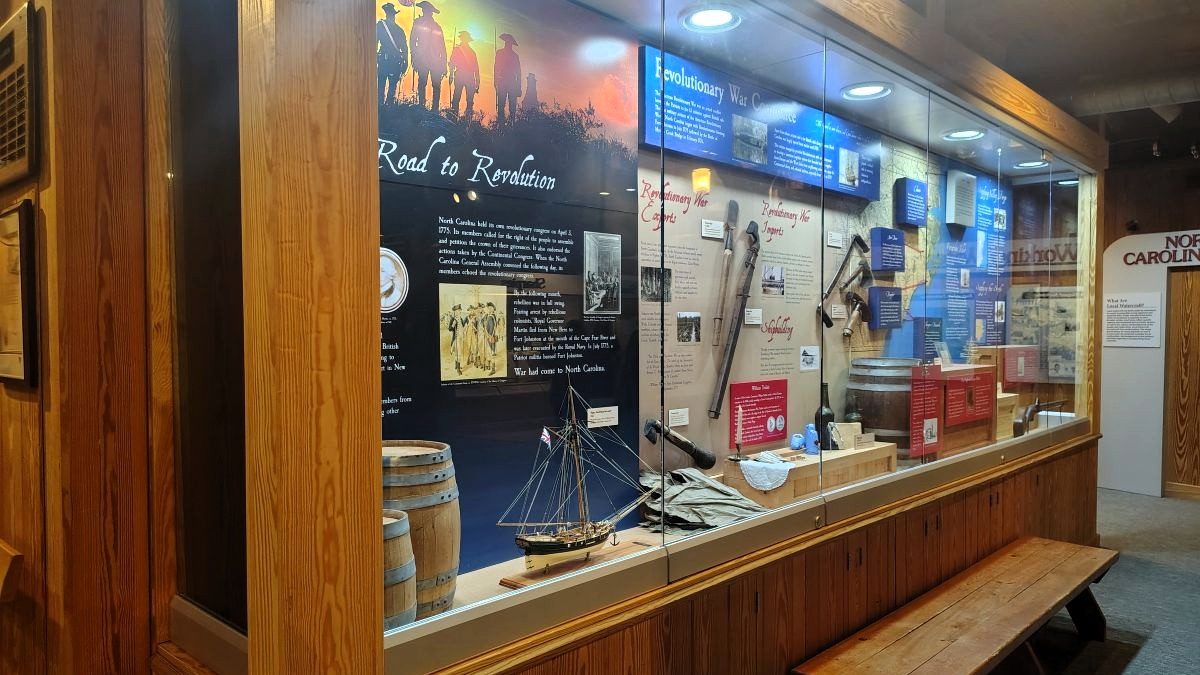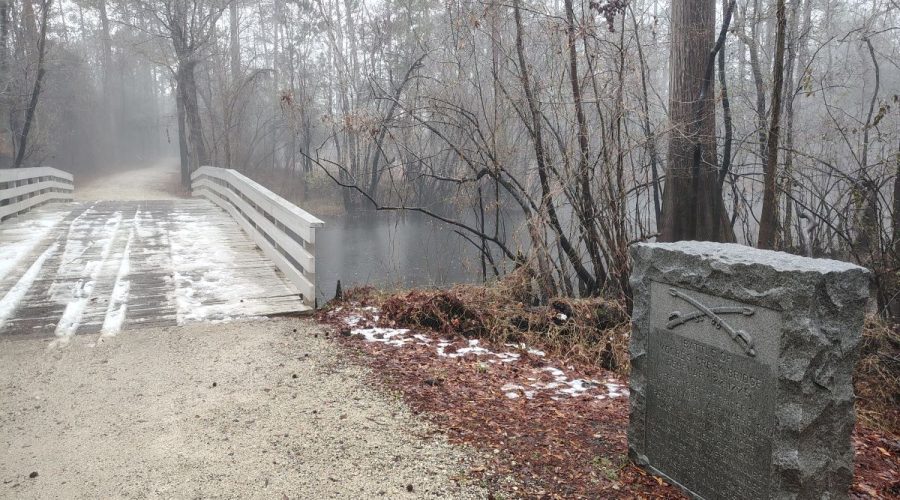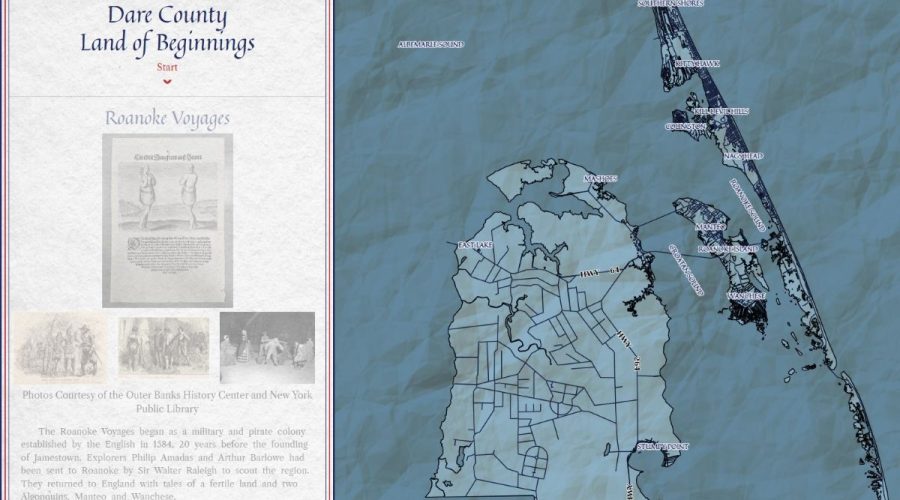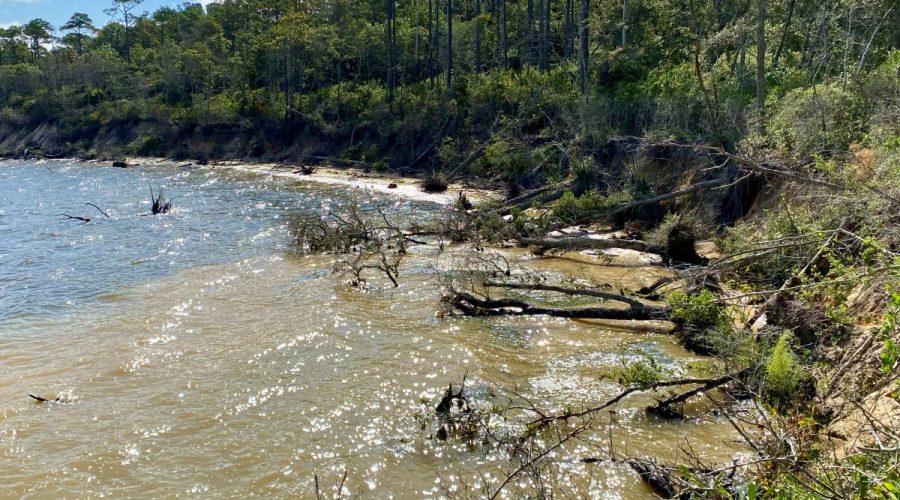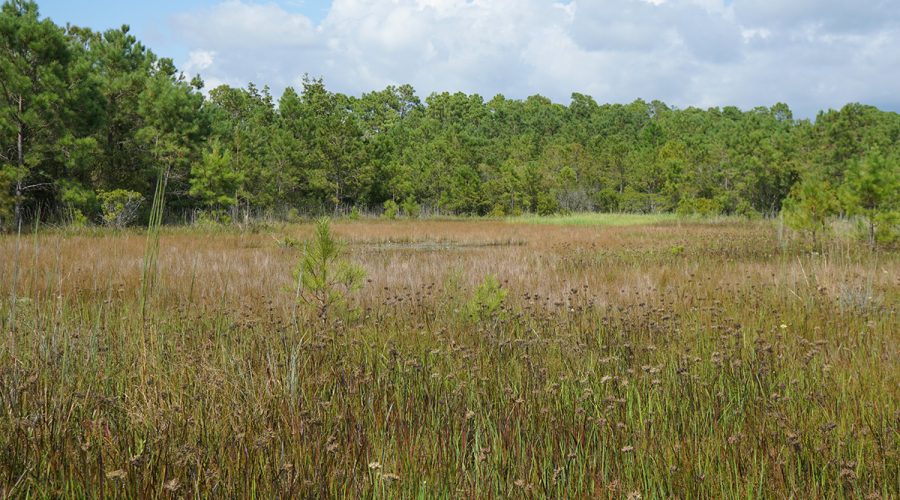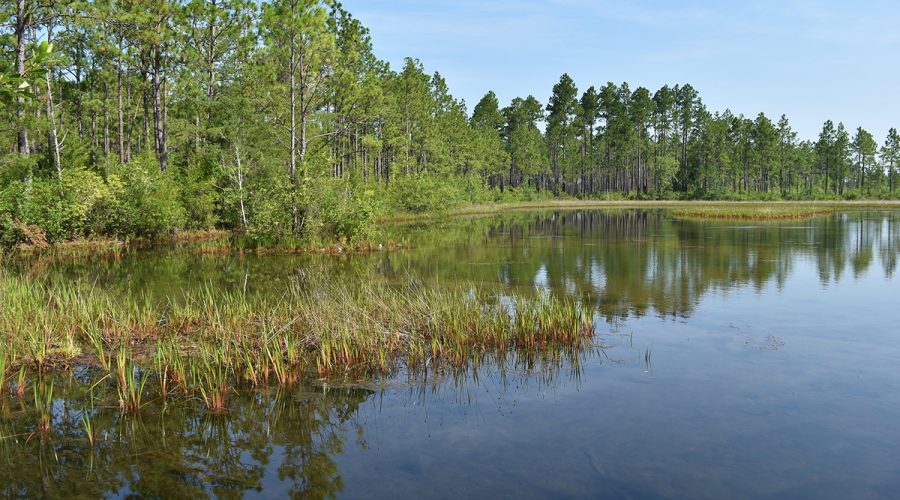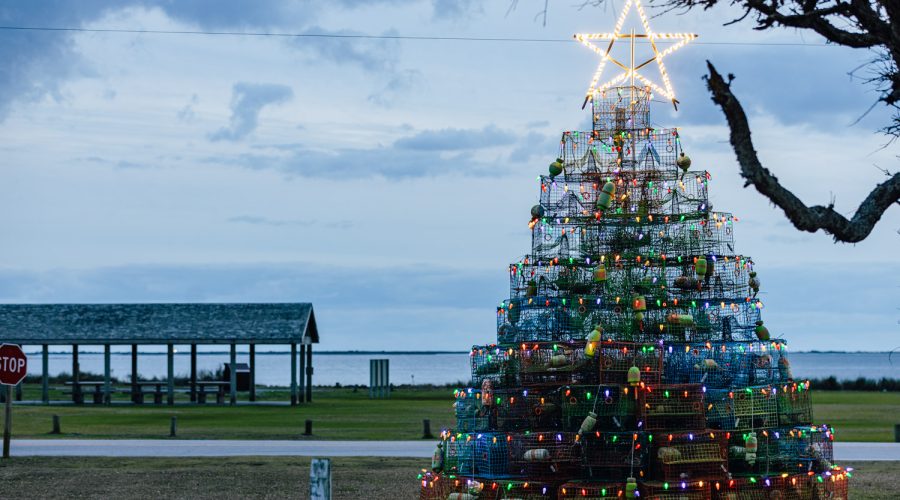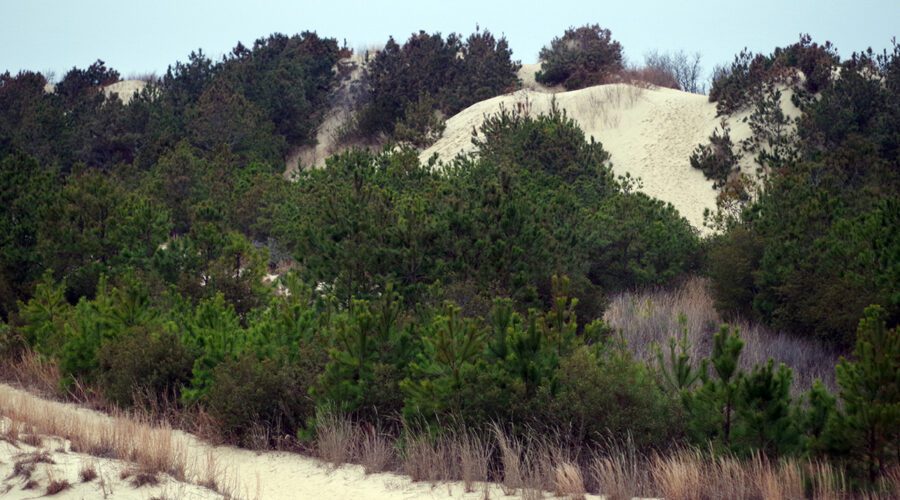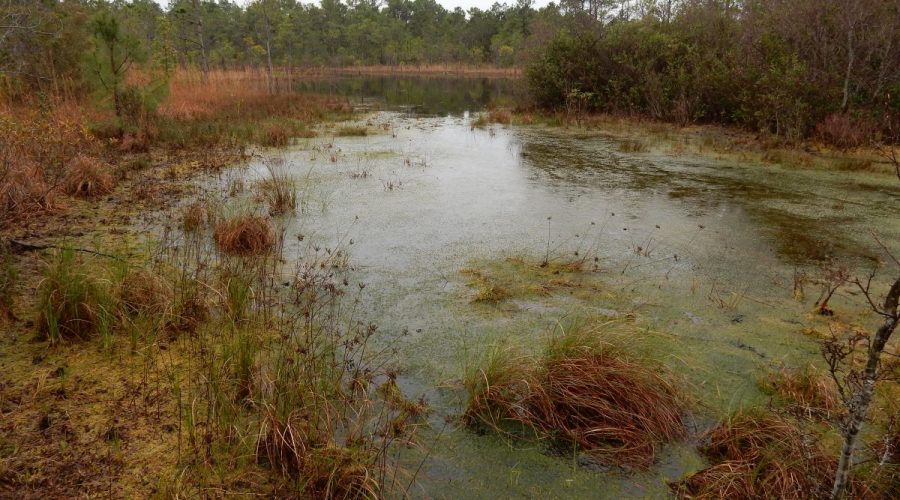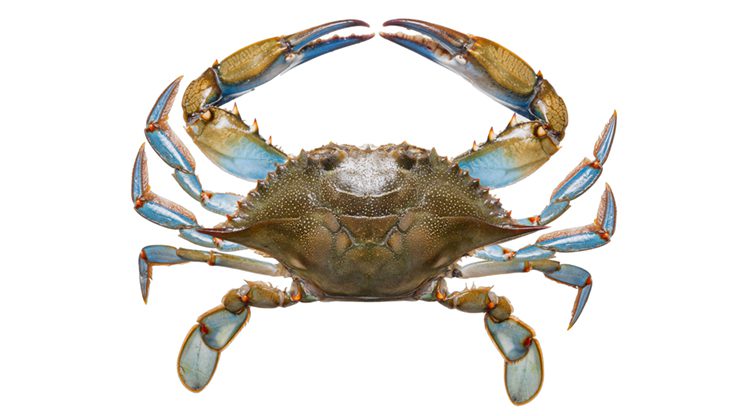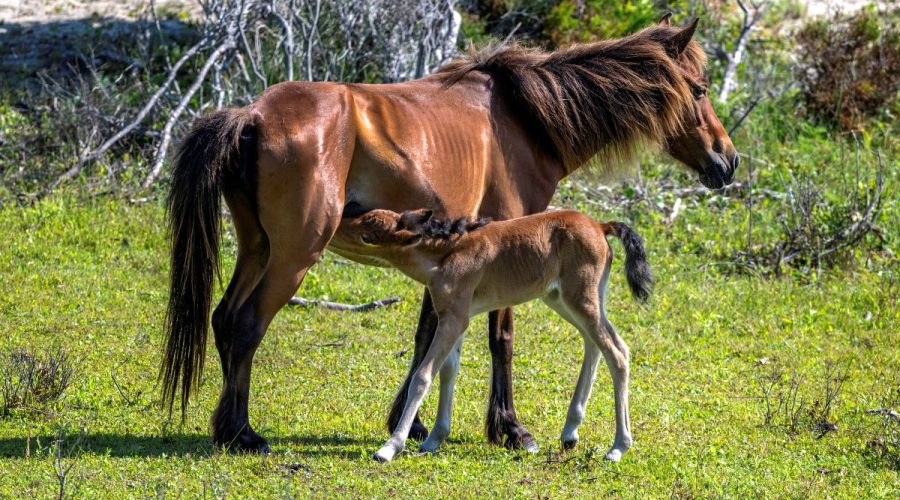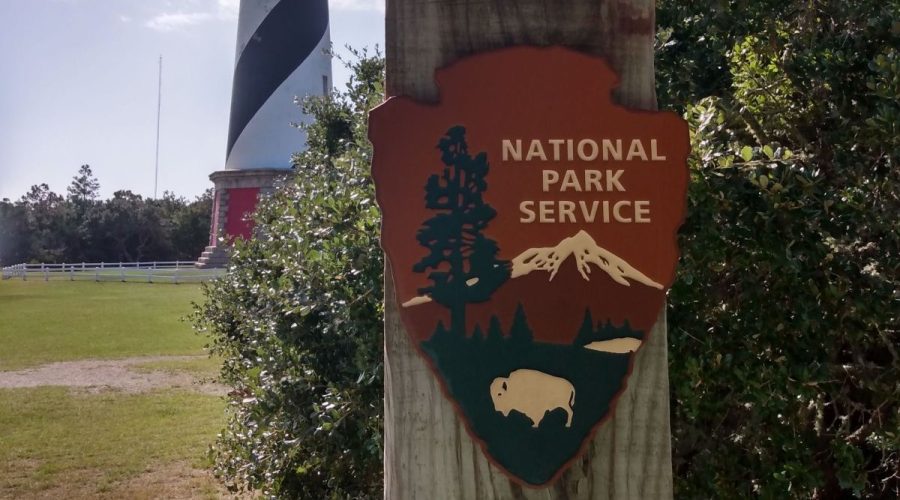While the museum was closed to the public, staff revamped the inside and added new exhibits that highlight the state’s role in the Revolutionary War and recreation on the coast.
EPA eliminates emission standards for new vehicles, motors
President Donald Trump and EPA Administrator Lee Zeldin announced Feb. 12 that the administration was rescinding its own endangerment finding that set the legal limits on the amount of pollutants a vehicle can emit.
Pender County event honors patriots’ first win of Revolution
Moores Creek National Battlefield, the site where, on Feb. 27, 1776, the first decisive victory of the American Revolution took place, ending English authority in North Carolina.
Dare County begins America’s 250th commemoration
Dare A250, the county’s planning committee for America’s 250th, has begun celebrating with an interactive map and passport program that focuses on Dare’s contributions to the nation’s origins.
Fort Raleigh closer to installing shoreline erosion protection
Both the National Park Service and state have comment periods open on an erosional control measure along the shoreline of the national historic site on Roanoke Island.
Former Sea Grant Director BJ Copeland leaves coastal legacy
Dr. B.J. Copeland, 89, who died Wednesday, Jan. 14, 2026, influenced coastal science and management in the state for decades.
‘Smell of money’: Menhaden Chanteymen’s music still echoes
The last surviving member of the Menhaden Chanteymen of Beaufort’s former industry has died, but while “Fishtowne’s” processing plant and its associated aroma are in the past, the once-proud laborers’ work songs live on.
New year, new definition: Feds set to limit water protections
The public has until Monday to comment on the Environmental Protection Agency and Army Corps of Engineers’ proposed changes to the “waters of the United States” definition that are expected to limit eligibility for federal water quality safeguards.
Public hearing Tuesday on proposed ‘WOTUS’ definition
A hearing is set for next week on the proposed definition rolled out last month for “Waters of the United States,” which outlines the waterbodies eligible for protection under the federal Clean Water Act, that conservationists warn will leave millions of acres of nontidal wetlands vulnerable to pollution, harm fish habitat and worsen flooding.
Holiday lights are aglow ahead of annual Waterfowl Weekend
The Core Sound Waterfowl Museum and Heritage Center is celebrating the holidays and heritage with its annual Waterfowl Weekend set for Friday through Sunday at the museum on Harkers Island.
CRC votes on language, again, to protect Jockey’s Ridge
The Coastal Resources Commission during its regular meeting last week voted on proposed language that changes the “Description” of Jockey’s Ridge to the “Designation” in an attempt to satisfy the most recent Rules Review Commission’s objection.
EPA, Army Corps leaders publish revised ‘WOTUS’ definition
Environmental Protection Agency and Army Corps of Engineers officials said Monday that proposed changes to the existing “waters of the United States” definition are to focus on relatively permanent, standing or continuously flowing bodies of water.
Update: Blue crab harvest vote removed from agenda
The Marine Fisheries Commission was expected to consider adopting more restrictions on the commercial harvest of blue crabs, a move the N.C. Carolina Coastal Counties Fisheries Coalition opposes, but the item has been removed from an updated agenda.
Pony Patrol marks three years of watchful eyes over herds
The third season for the persistently protective volunteers was off to a rough start with abandoned foals having to be removed from the herd, but summer turned around with a filly’s birth on Shackleford Island.
Records point to 13 unmarked graves in Old Burying Ground
Carteret County native Bill Lewis has spent the last few years digging through records to corroborate what he’s always heard: that 13 of his ancestors are buried in unmarked graves in the Old Burying Ground.
North Carolina’s national park sites in 2024 bring in $2.3B
Around 4.7 million visitors spent $732.2 million in the communities surrounding the North Carolina coast’s five National Park Service sites, a recent report finds.

